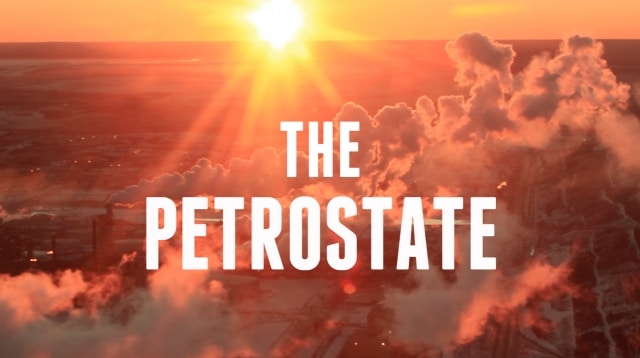“Alberta is very much a petrostate,” says journalist and author Andrew Nikiforuk. “It gets about 30 per cent of its income from the oil and gas industry. So as a consequence, the government over time has tended more to represent this resource and the industry that produces it, than its citizens. This is very typical of a petrostate.”
The flow of money, he says, is at the heart of the issue. “When governments run on petro dollars or petro revenue instead of taxes then they kind of sever the link between taxation and representation, and if you’re not being taxed then you’re not being represented. And that’s what happens in petrostates and as a consequence they come to represent the oil and gas industry. Albert is a classic example of this kind of relationship.”
In this interview with DeSmog, Nikiforuk explains the basics of his petrostate thesis and asks why Canada, unlike any other democratic nation, hasn’t had a meaningful public debate about the Alberta oilsands and how they’ve come to shape the Canadian landscape, physically as much as politically.
Subscribe to our newsletter
Stay up to date with DeSmog news and alerts







